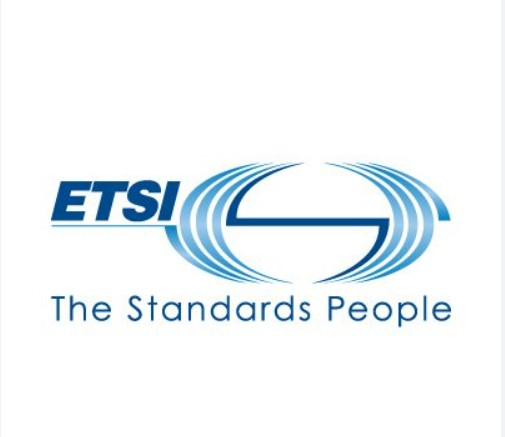MIT researchers have demonstrated a faster, more energy-efficient cooling technique for scalable trapped-ion quantum chips. The solution addresses a long-standing challenge in reducing vibration-related errors that limit the performance of quantum systems.
The method uses integrated photonic chips with nanoscale antennas that emit tightly controlled light beams. Using polarisation-gradient cooling, the system cools ions to nearly ten times below standard laser limits, and does so much faster.
Unlike conventional trapped-ion systems that depend on bulky external optics, the chip-based design generates stable light patterns directly on the device. The stability improves accuracy and supports scaling to thousands of ions on a single chip.
Researchers say the breakthrough lays the groundwork for more reliable quantum operations and opens new possibilities for advanced ion control, bringing practical, large-scale quantum computing closer to reality.
Would you like to learn more about AI, tech and digital diplomacy? If so, ask our Diplo chatbot!










